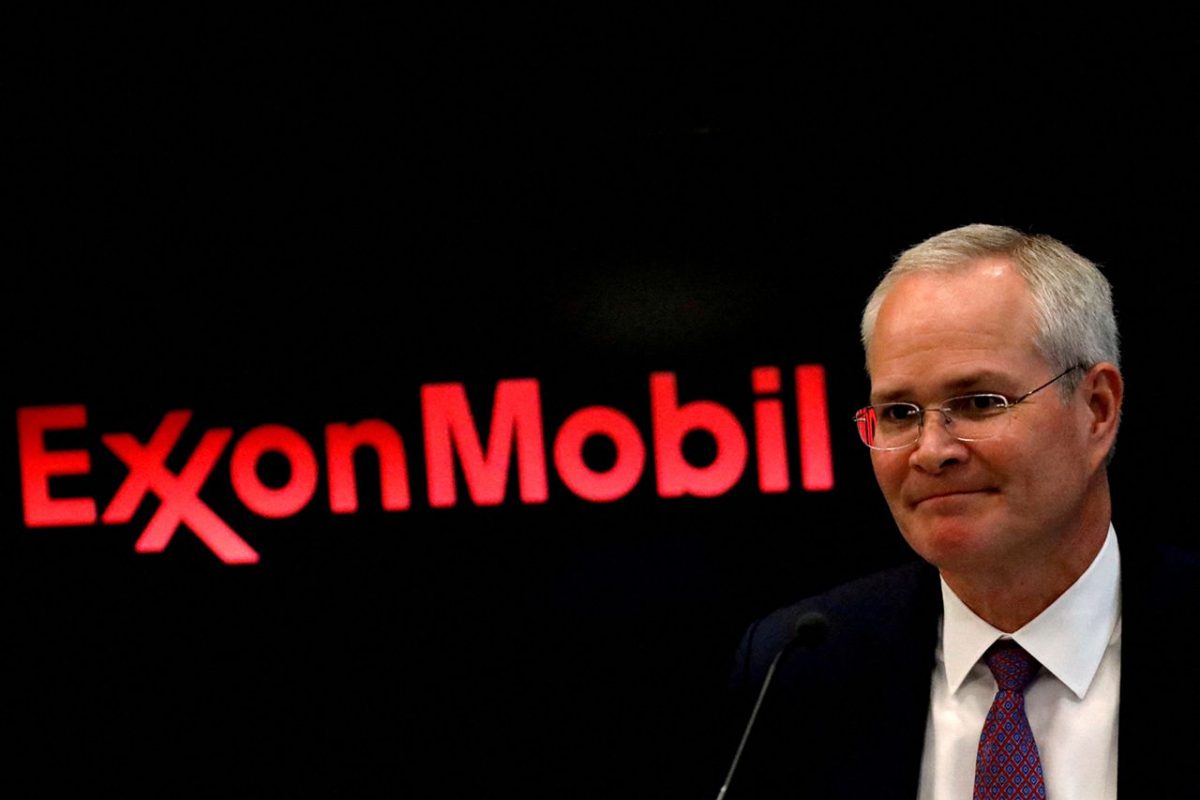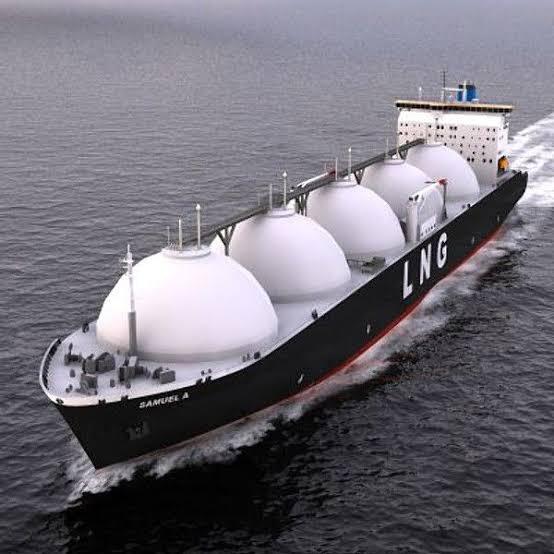ExxonMobil, one of the world’s largest oil companies, has announced plans to achieve net-zero greenhouse gas (GHG) emissions for all of its operating assets by 2050, in line with the company’s 2030 emission-reduction plan. This includes increased investment in lower-carbon technologies such as carbon capture and storage, hydrogen, biofuels, and renewables.
ExxonMobil plans to invest $15 billion in lower-emission programmes by 2027, as well as examine current major oil and gas projects to cut GHG emissions and increase energy efficiency. In this regard, the company has already begun to emphasise several activities, including lowering methane emissions, updating equipment, and decreasing or eliminating natural gas venting and flaring.
ExxonMobil is dedicated to delivering high-impact reductions in sectors like power and steam co-generation, as well as the electrification of operations, in the medium term. The company is committed to decreasing carbon emissions and combating climate change by incorporating renewable energy technologies into critical projects.
Chairman and CEO of ExxonMobil, Darren Woods, stated that the company “is committed to playing a leading role in the energy transition and advancing climate change solutions which articulates our deliberate approach to helping society reach a lower-emissions future,” adding that ExxonMobil is “developing comprehensive roadmaps to reduce GHG emissions from operated assets around the world.”
“As we invest in these important technologies, we will advocate for well-designed, high-impact policies that can accelerate the deployment of market-based, cost-effective solutions. We will create shareholder value by adjusting investments between our existing low-cost portfolio and new lower-emissions business opportunities to match the pace of the energy transition,” Woods added.
New technologies, such as hydrogen, biofuels, and carbon capture and storage, have already been implemented into the company’s portfolio.



